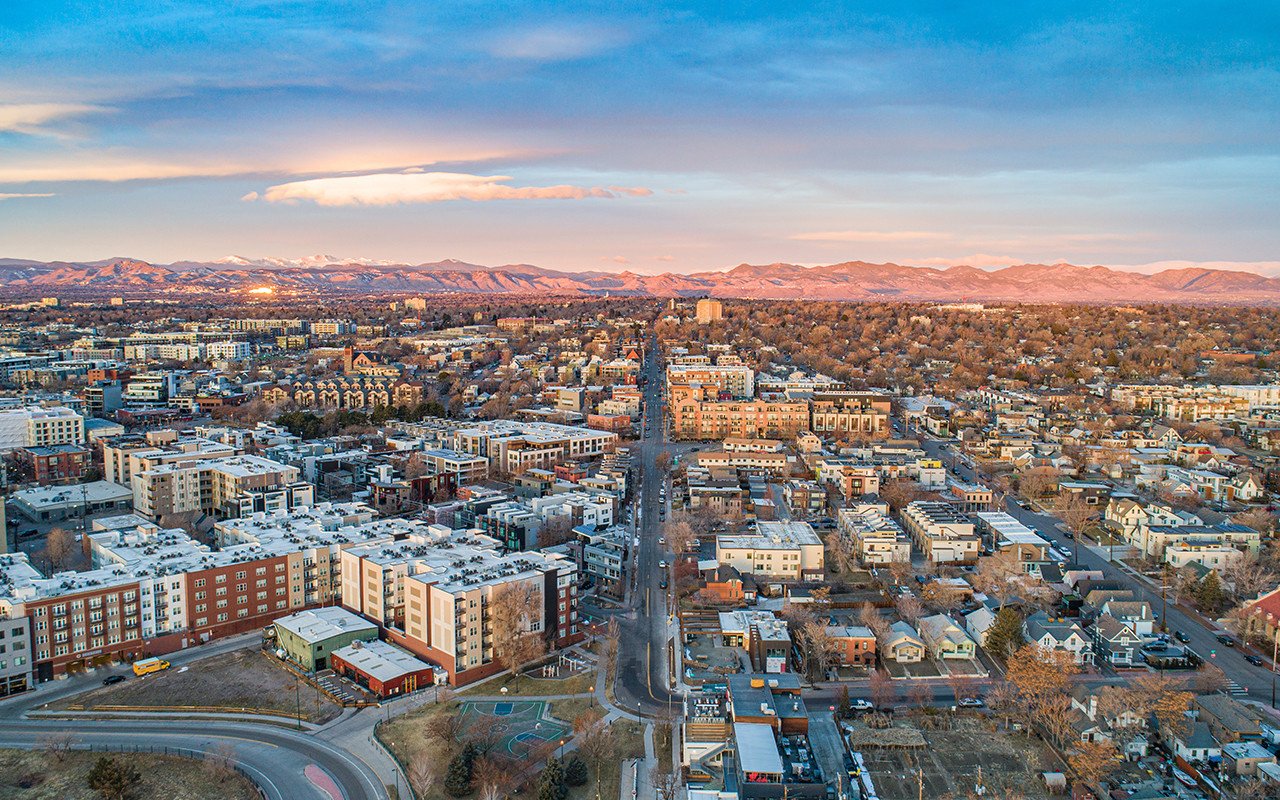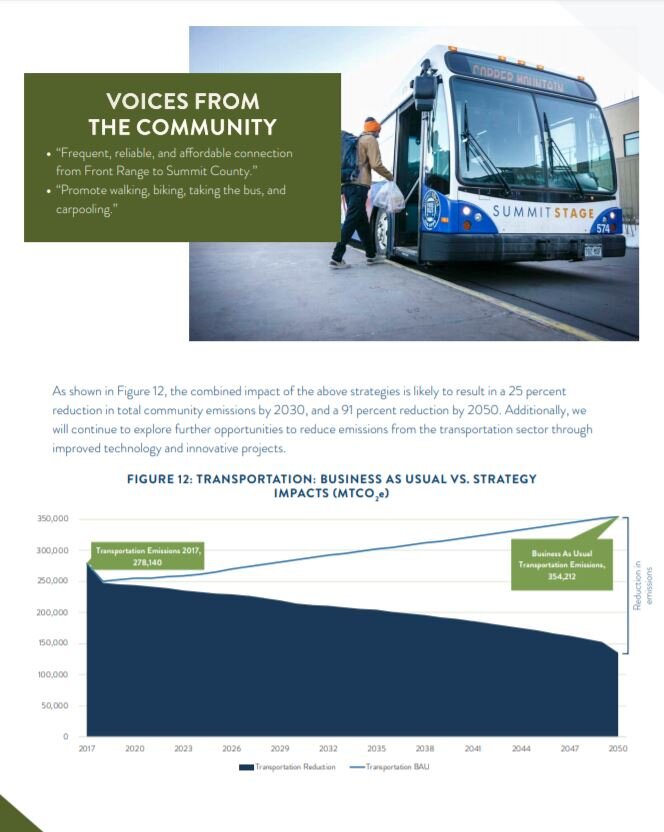City of Fort Collins | Under-Resourced Buildings Engagement
under-resourced buildings engagement
Lotus worked with the City of Fort Collins to engage under-resourced building (URB) stakeholders. The core purpose of the engagement was to gather insight into specific tools, resources, and other support mechanisms that Fort Collins could deploy to support commercial and multifamily building owners and tenants in achieving greater energy efficiency. Lotus delivered a final report to the client that compiled current stakeholder challenges in pursuing energy efficiency and provided research-backed recommendations for programs that could overcome those challenges. The team successfully engaged all stakeholder types, including, but not limited to, affordable housing providers and nonprofits supporting affordable housing providers, multifamily tenants, business tenants and commercial developers, collecting critical data and program or policy recommendations specific to these building types.
The team applied community-centered principles throughout the engagement process to ensure reach with key URBs. Lotus developed a context guide that documented the factors and processes for the City to consider when developing the engagement strategy, resources, and support services to help URB communities make building improvements. The context guide served as the foundation for fair and defensible engagement throughout the project.
Lotus also developed a stakeholder map of URBs based on the City’s specific, data-driven definition. Our team spearheaded the creation of the matrix of data criteria defining and categorizing URBs. Following that, buildings were specifically identified and targeted for engagement based on their criteria score.
Lotus facilitated a number of engagements, including in-person focus groups, virtual focus groups, informational interviews, and listening sessions. All engagements were planned with a focus on bringing the community together, including providing participant stipends, food, and childcare while ensuring all materials and presentations were translated and interpreted into languages most appropriate for the audiences. Lotus conducted all Spanish written translations in-house. We contracted with the Community Language Cooperative (CLC) to provide interpretation services for in-person meetings in Spanish and for translation services in Vietnamese, Arabic, and Mandarin Chinese.
Birmingham, Alabama | Sustainability Action Plan
Sustainability Action Plan
Lotus, alongside Hummingbird, are partnering to produce a Sustainability Plan that will promote efforts to adopt best practices that address equity, social justice, environmental justice, air quality, soil contamination, water quality and efficiency, water quantity, energy and resource use, placemaking and equitable land use, and community health. The plan will be grounded in sustainability that balances the triple bottom line of economic, social and environmental aspects
The work involves three tasks: 1) an inventory of existing conditions (socio-economic and energy efficiency and resource management inventories); 2) the development of a sustainability action plan and; 3) the development of tools to monitor progress and evaluate results of implementing the action plan.
All this work will be supported by an in-depth engagement plan including facilitating a Steering and Implementation Team composed of internal City stakeholders and external community stakeholders and a significant level of public outreach including town hall–style meetings, focus groups, and a website set up for public comment.
City and County of Denver | Energize Denver Equity Priority Buildings Facilitation Services
Energize Denver Equity Priority Buildings Facilitation Services
Lotus worked with the Energize Denver at the City and County of Denver to engage equity priority building owners. The purpose of engagement efforts was to inform building owners about forthcoming regulations and requirements for small buildings through the Energize Denver program and gather insight into specific tools, resources, and other supports Denver may be able to offer to support building owners in meeting the requirements. Lotus conducted a detailed analysis of stakeholders and built relationships with local community-based organizations and cultural brokers to plan engagement activities and share these opportunities with the intended audiences.
Lotus facilitated a number of engagements, including in-person focus groups, virtual focus groups, informational interviews, and listening sessions. All engagements were planned with a focus on equity, including providing participant stipends, food, and childcare while ensuring all materials and presentations were translated and interpreted into languages most appropriate for the audiences. Lotus developed a final report summarizing engagements and providing recommendations and guidance to Denver on opportunities to improve services and resources for equity priority building owners to better compel compliance with Energize Denver requirements. Denver is currently implementing many of the recommendations in A final report.
Colorado Energy Office | Building Performance Standard Task Force Facilitation
Lotus facilitated monthly meetings with the State of Colorado Building Performance Standard (BPS) Task Force and ensured that the Task Force remained focused on the equitable impacts of the BPS on communities, building owners (especially for affordable housing), and Colorado’s workforce. Through the Task Force meetings, Lotus guided the task force through technical discussions and decisions and brought forward data to support decision-making. Lotus also completed an analysis of available benchmarking data to guide the Task Force conversations from a technical perspective, as well as designed a Public Engagement Plan and process that included a focus on gathering input from representatives across the State that can speak to the equity and workforce impacts of the BPS.
The Public Engagement Plan guided the outreach and engagement activities that were used to gather input from a broad network of stakeholders and interested parties from outside the Task Force. This included identifying the key audiences and ways to engage them, the community and business organizations that would be able to funnel input from their members, and developing a survey, public outreach materials, and designing and supporting the facilitation of three public engagement sessions.
The Task Force recommended that the State include a holistic approach to implementing the BPS that includes creating programs that would provide support and resources for the Colorado workforce, and to assess equity concerns for tenants, disproportionately impacted communities, and others who may be adversely impacted by the BPS requirements. Lotus then worked with the Colorado Energy Office to design an Equity Priority Building Approach. Lotus’s recommendations reflect the integration of an equity lens with BPS and ensure the ongoing clean energy transition is accessible to all. This means considering the community, the building itself, and the building’s occupants, as well as how to reduce the burden imposed by the State BPS program and the risk of displacement or gentrification. Important in this equity approach is giving building owners a voice in the process by allowing a building to self-identify as an EPB.
Summit County, CO | Climate Action Plan & Climate Equity Plan
The jurisdictions, municipalities, ski areas, and institutions in Summit County, convened by High Country Conservation Center (HC3), contracted with Lotus to create a Climate Action Plan for the community. Lotus guided and supported the entire development process, which included conducting Summit County’s first GHG emissions inventory. Lotus facilitated and led the stakeholder engagement process that informed the development of Summit County’s Climate Action Plan in collaboration with the High Country Conservation Center. Our team convened meetings of stakeholders and experts, provided education and background on climate change, and facilitated conversations to develop strategies that will reduce emissions and achieve the goals of the Climate Action Plan for this mountain community. The development process also included modeling the impacts of stakeholder-selected strategies to determine emissions reductions, energy use, and other benefits; forecasting a business-as-usual case scenario; and providing the community with a final Climate Action Plan that defines aspirational targets for climate mitigation and resiliency and establishes a path towards achieving these goals.
Lotus ultimately developed a Comprehensive GHG Inventory and an aspirational yet achievable Climate Action Plan for the County.
Since completing the County’s Climate Action Plan, the jurisdictions in Summit County embarked on implementation work. Lotus worked with the High Country Conservation Center to update the County’s GHG inventory with 2021 data and develop a Climate Equity Plan that specifically details projects and programs to enhance equity in the community through the implementation of climate action work. Lotus facilitated an equity steering committee that included representatives from local community-based organizations, local governments, and agencies serving disproportionately impacted communities in Summit County. The Steering Committee advised on the development of a tri-lingual public survey, listening sessions, and informational interviews to guide the development of climate equity strategies that will supplement the existing climate action work. During the implementation of this work, HC3 will continue to work with Steering Committee members through the strong relationships that were built in this process to ensure that climate equity strategies meet their intended goals in supporting benefits for all Summit County residents.
Below is a presentation on Summit County’s Climate Equity Plan from Mountain Towns 2030.
“Lotus’ expertise was instrumental in developing our community’s climate action goals and understanding what it will take to meet them. Their depth of knowledge and nimble facilitation skills were a tremendous asset to our planning process.”










